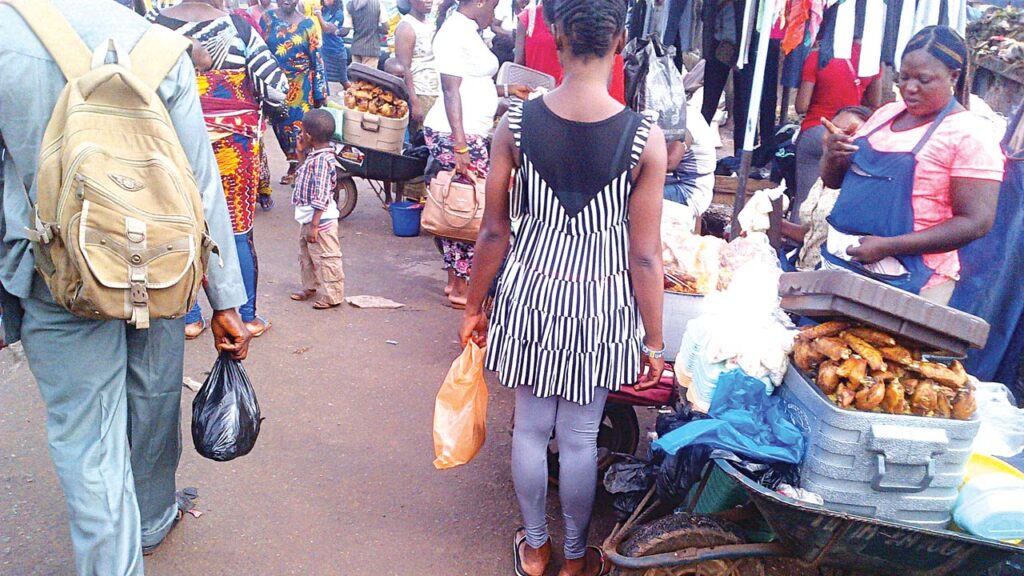The menace of street trading in Uyo and other local government headquarters in Akwa Ibom State coupled with attendant risks glaringly poses dangers to numerous road users. Calls by the government and environment-friendly individuals to its nuisance value to ending the menace have been long overdue.
From Itam Market along Itu-Calabar Federal Highway, from Ikot Ekpene, Abak, Oron Road, IBB Avenue to Udo Umana and other adjoining streets, the foul smell from irregular refuse disposal caused by dumping of unwanted wares and rotten products by some traders at strategic places is unspeakable.
This is why we support the recent decision of the State Executive Council to ban street trading, illegal markets. The Exco, therefore, directed the Ministry of Environment and Security agencies to take steps to immediately dismantle all illegal trading outlets on streets and roads in the state. Subsequently, a two-week moratorium was granted to allow for sensitization and engagement with relevant stakeholders, to ensure voluntary compliance.
Before the government implements the ban, the government has to take a few steps to alleviate hardships among the affected traders and hawkers owing to the precarious economic conditions facing many in the country.
There is need for the state government through the Ministry of Environment, Uyo and Itu Local Government Councils and security agents to hold an emergency meeting with the petty traders not through their surrogates or union representatives on how to resettle them to avoid unnecessary clashes and sufferings.
There is also absolute need to form a mobile court comprising members of Nigeria Police Force, Nigeria Security and Defence Corps as well some staffers of Ministries of Environment as well as Trade and Industries to try offenders. This will serve as a deterrent to other recalcitrant but itinerant traders.
Also, government has to set up Enforcement team made up of Akwa Ibom Waste Management and Protection Agency to move around the roads and streets with a view to bringing culprits to book.
One of our Akwa Ibom proverbs says that poverty compels owner of unripe plantain to carry it to market and poverty forces another to buy it to save members of her household. What this means is that many of the street traders carrying items or products worth meager amount are not pretending rather they stroked with financial hardship.
As a result of poverty, they could not rent shops even buy goods or farm products in large quantity. So, confiscating their products or dispatching them to start from square one without any form of palliative will make life unbearable to them and plunge them further into wretchedness.
There is need for government to resettle the poor but financially challenged ones in rent-free shops as well as give them small grants start their businesses to alleviate their hardships.
Again, the local government councils should exempt these set of traders from arbitrary revenue collections. In short, they should not be exposed to the antics of shylock revenue or toll collectors who are in the habit of collecting money no matter the quantity of the farm products or wares. By so doing, the traders will live long devoid of depression and stress.
When implementation starts, the monitoring team should ensure some of traders from outside the state who usually come with goods and display them at any location are warned to refrain from such. Even some are in the habit of renting stores and displaying their wares on major roads to seduce customers. They must be apprehended, arraigned and tried in a mobile court.
Let appropriate mechanisms be put in place before the street trading ban to avoid worsening the poverty standing of many a family. Let government wear human face in the ban knowing that he who gives to the poor is sowing eternal seeds which will be reaped in generations yet to come.

